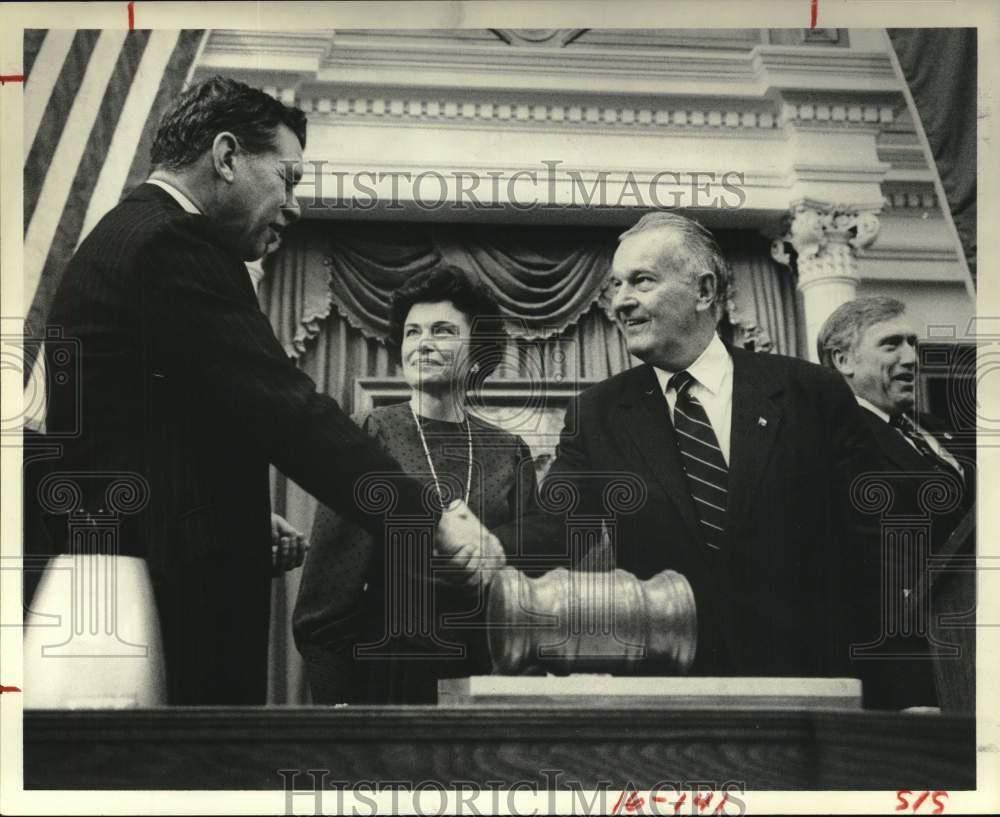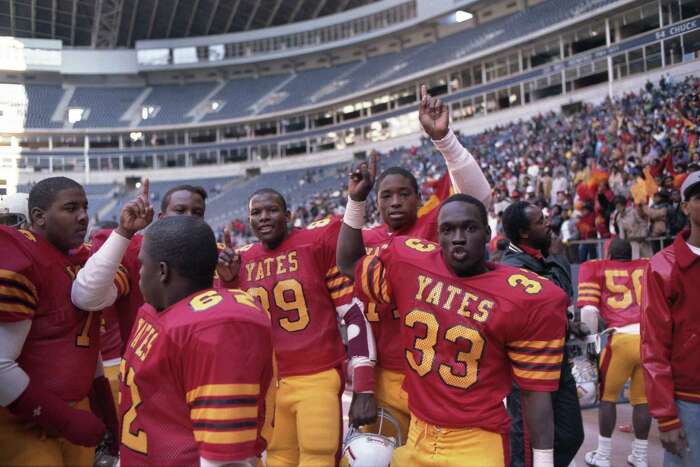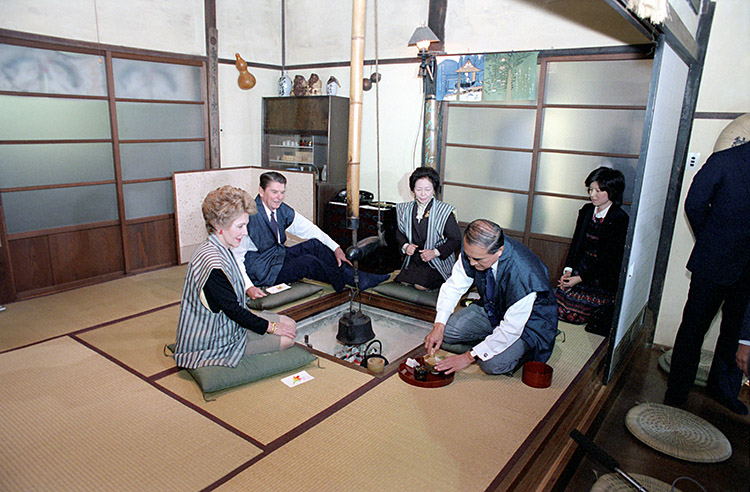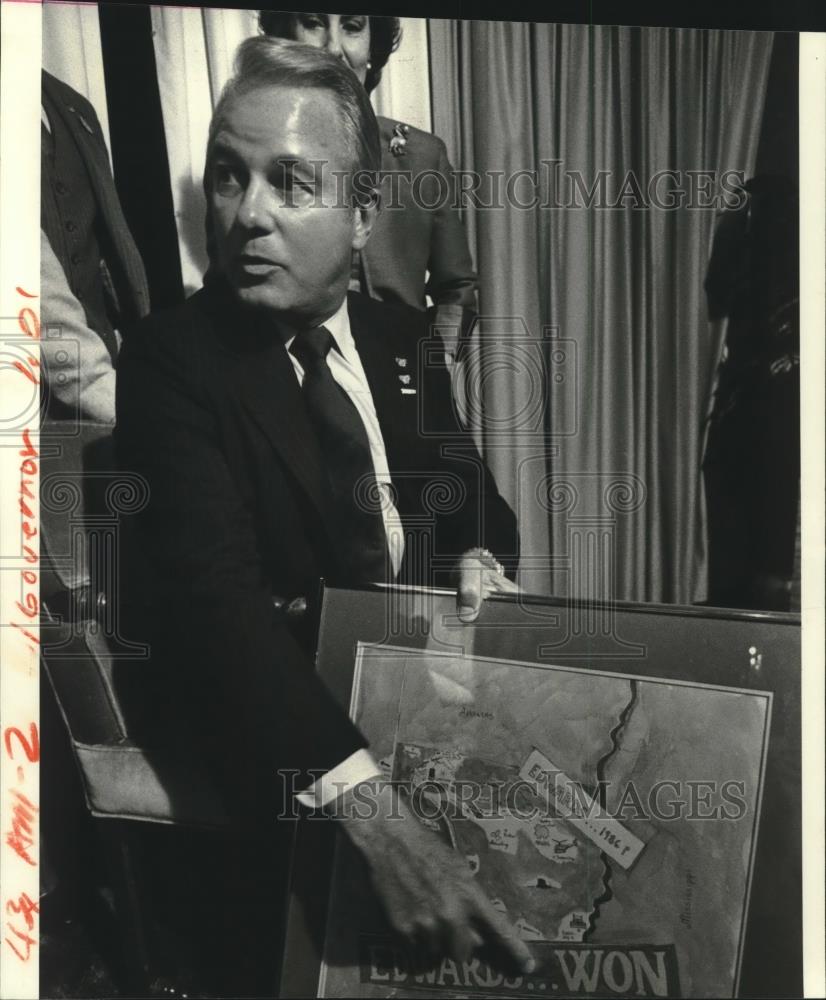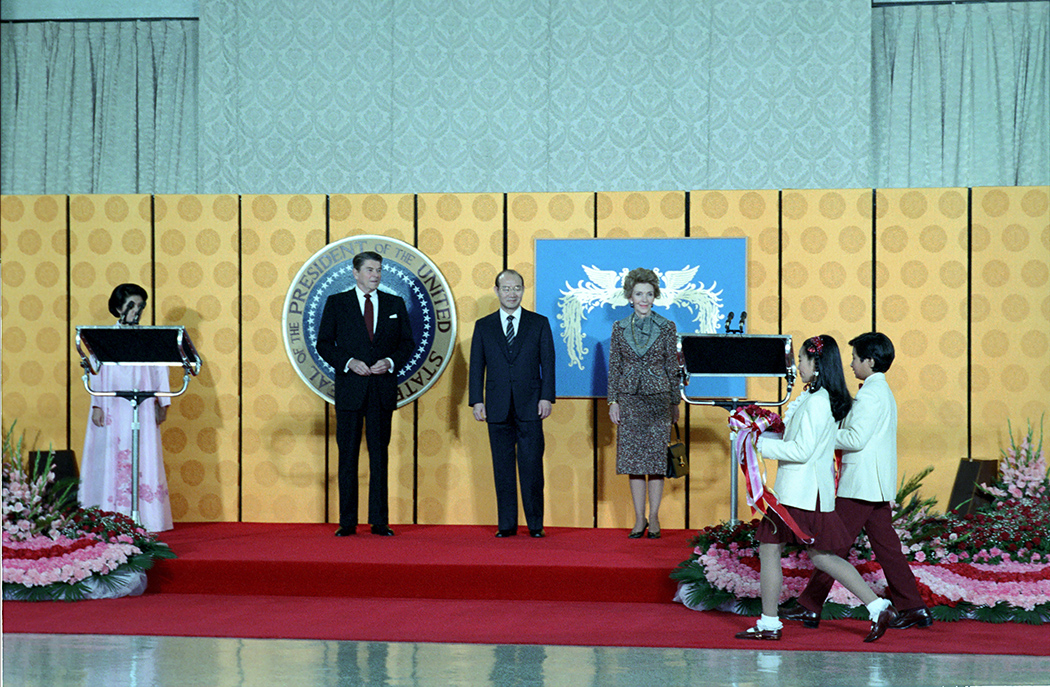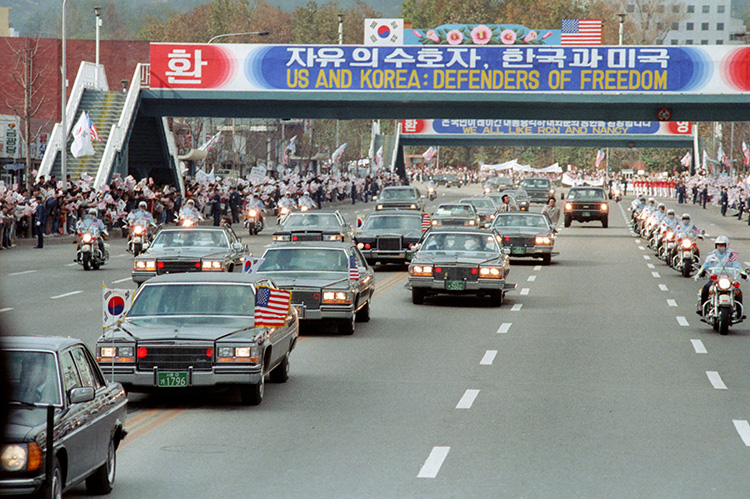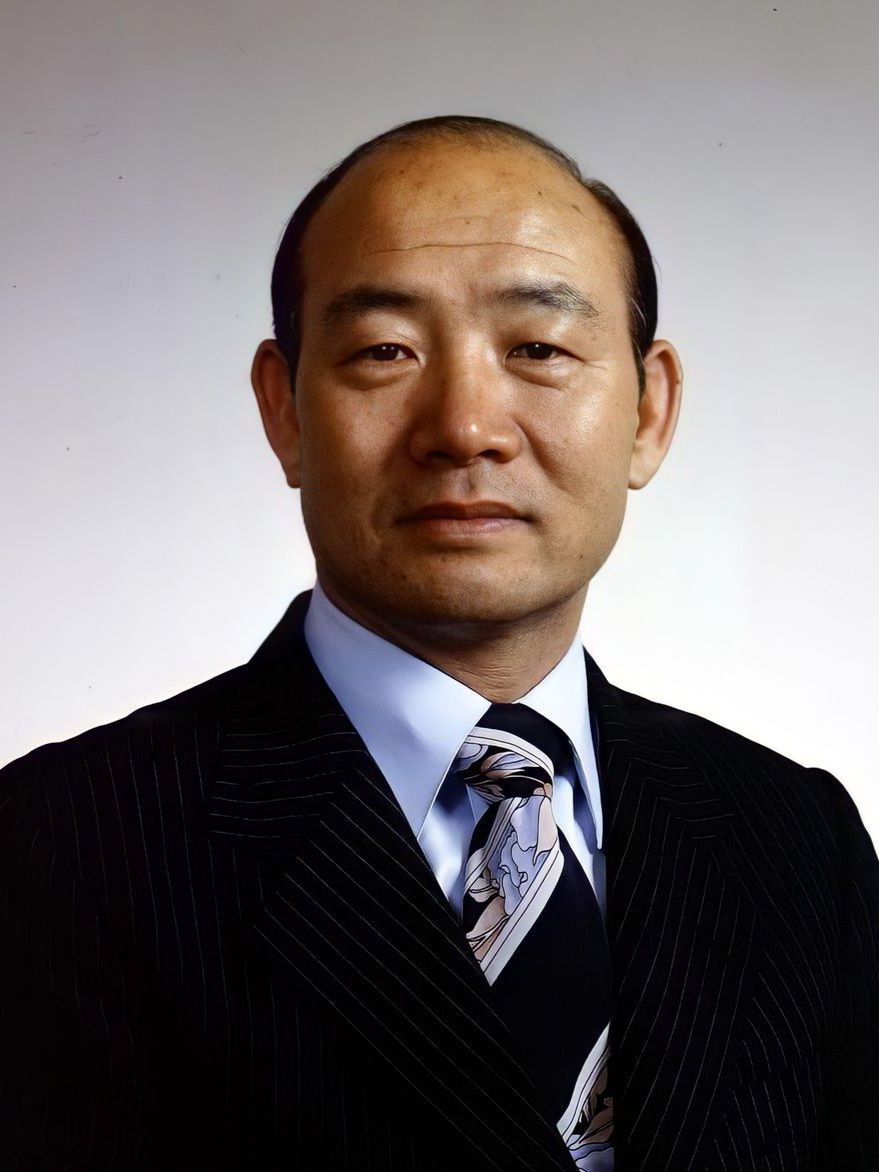Chapter 1: Personal PoV's
Sergeant Foley
Well-known member
Special agent Corrigan
7:19 PM JST, Thursday, November 10, 1983
Tokyo, Japan
Francis Corrigan was one of the best special agents of the US Secret Service, having joined the agency in 1975 following his military service in the US Marine Corps Reserve after 16 years. 7:19 PM JST, Thursday, November 10, 1983
Tokyo, Japan
One of his first assignments was working up the ranks in the US Department of the Treasury Public Relations Division for 13 months before getting asigned to the protection detail of then-US Attorney General (and later Vice President) Edward Brooke from 1977 to 1981. Afterwards, Corrigan continued working for the Secret Service by working hard on areas such as putting together coordinating protection security checkpoints on public events including the State of the Union Address, etc.,
Serving as part of the protection detail of President Reagan was a dream come true "This is a job of a lifetime. Protecting the President of the United States and doing everything possible in giving my life to save his if it comes to that." However, Corrigan and many others had no clue about a group of outside forces lurking and plotting against the 41st President.
It would have devastating consequences going forward.





